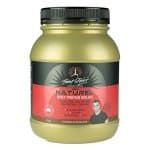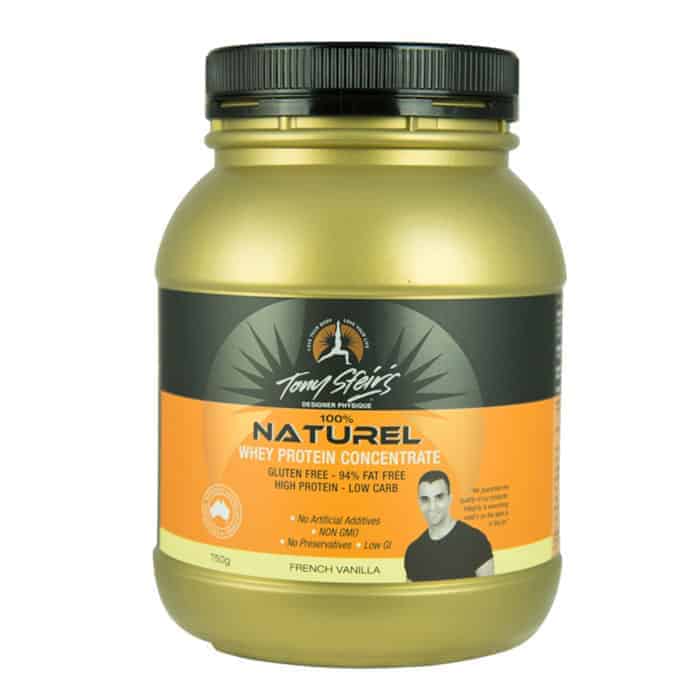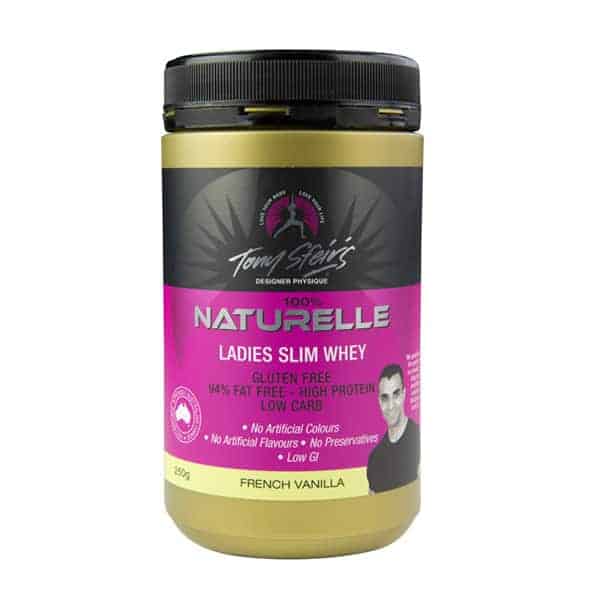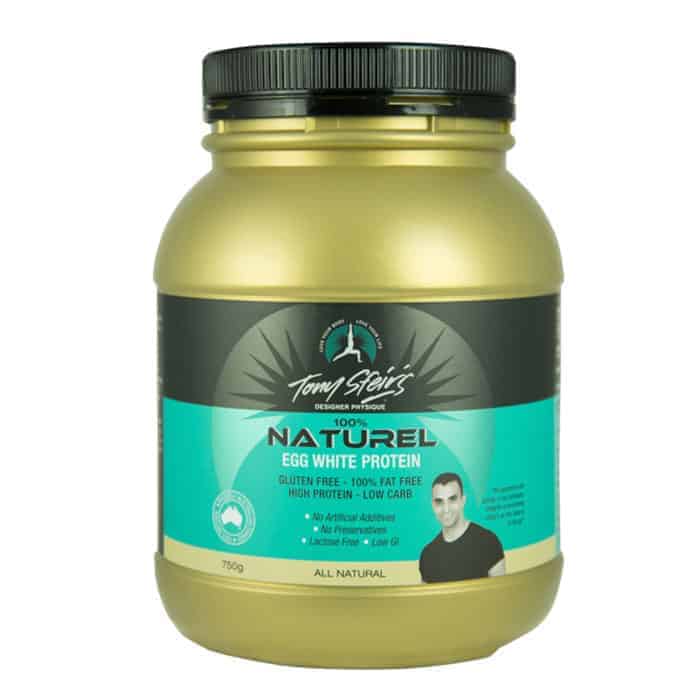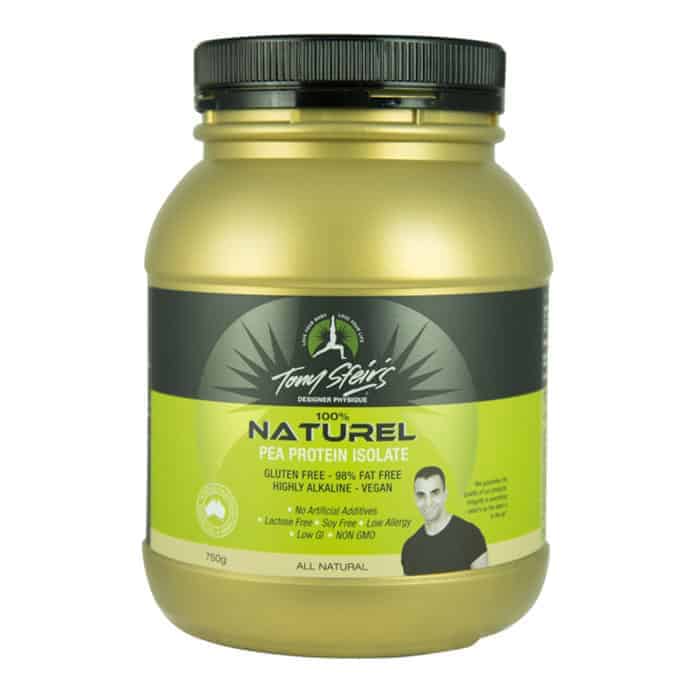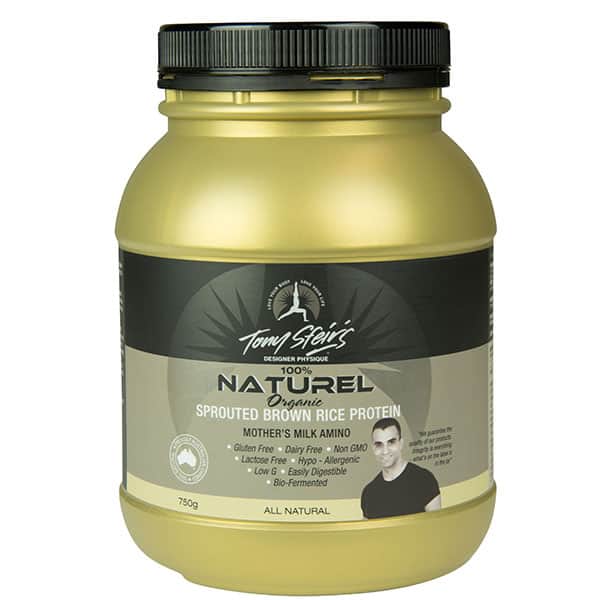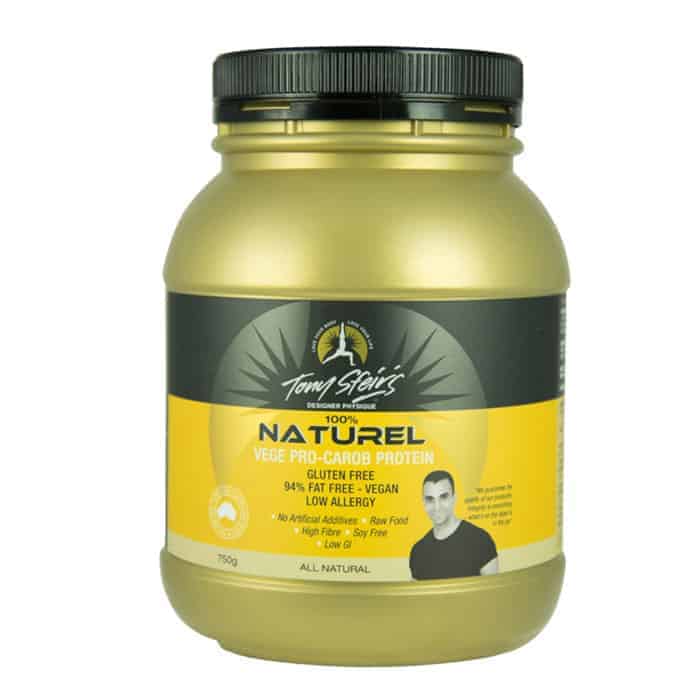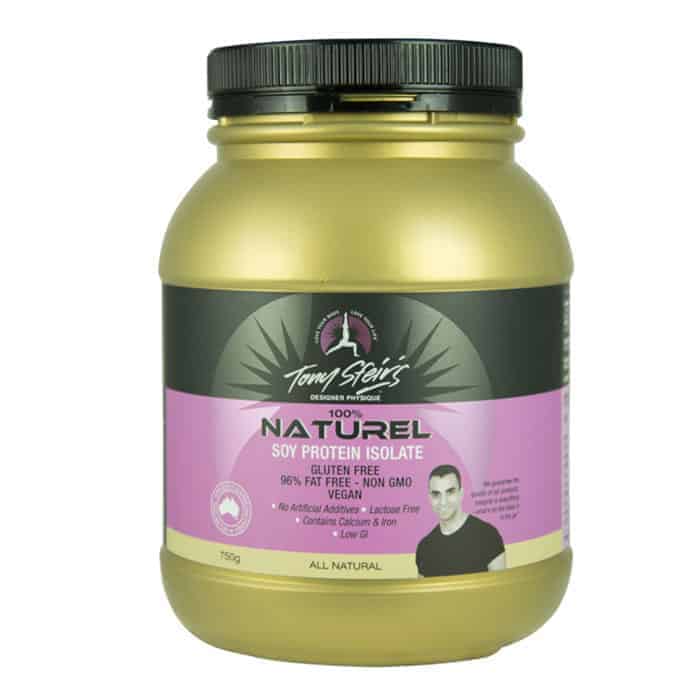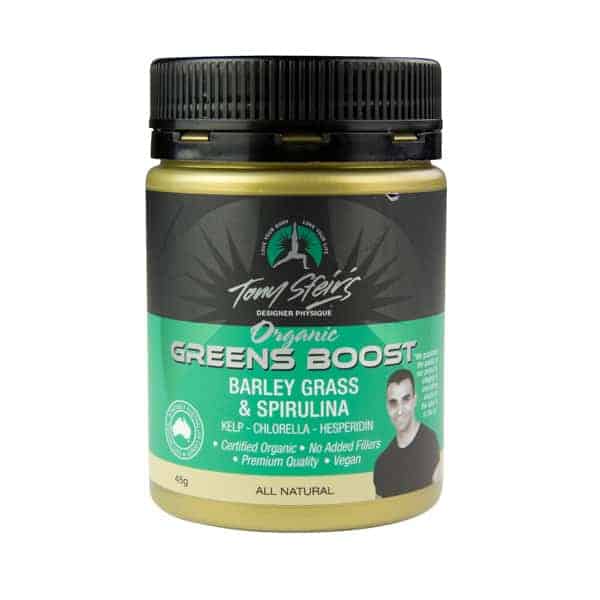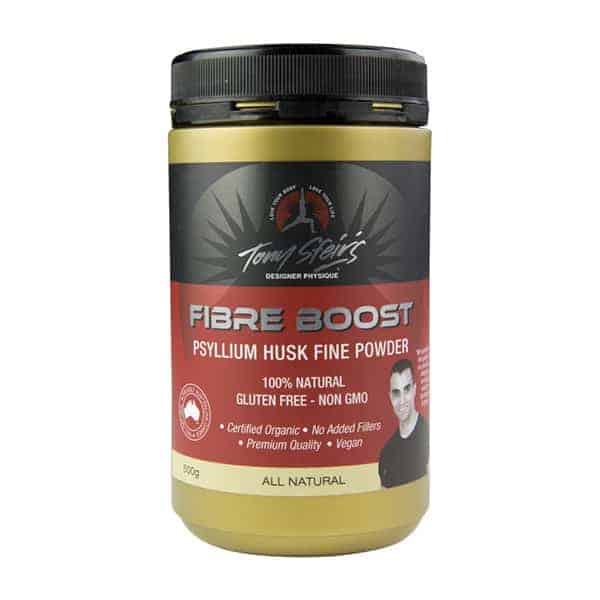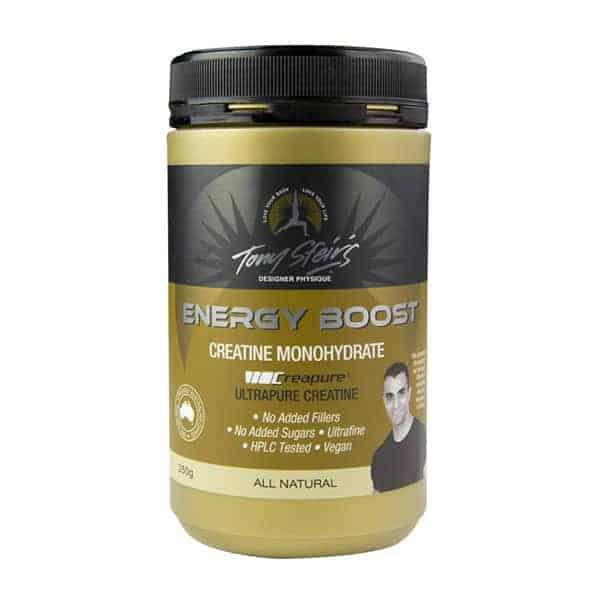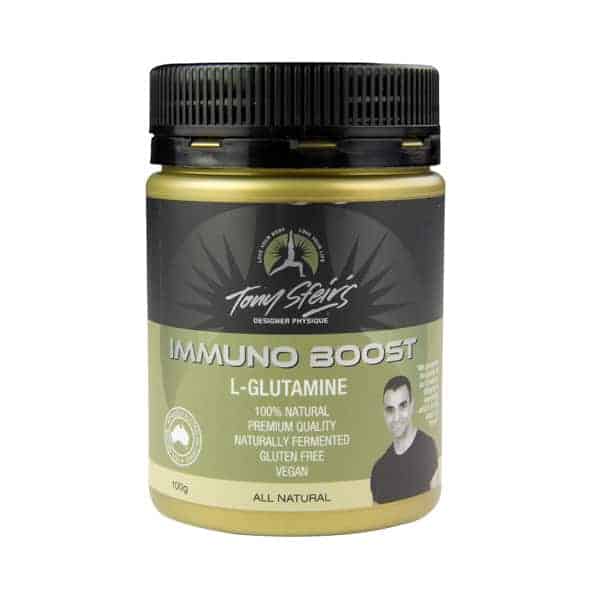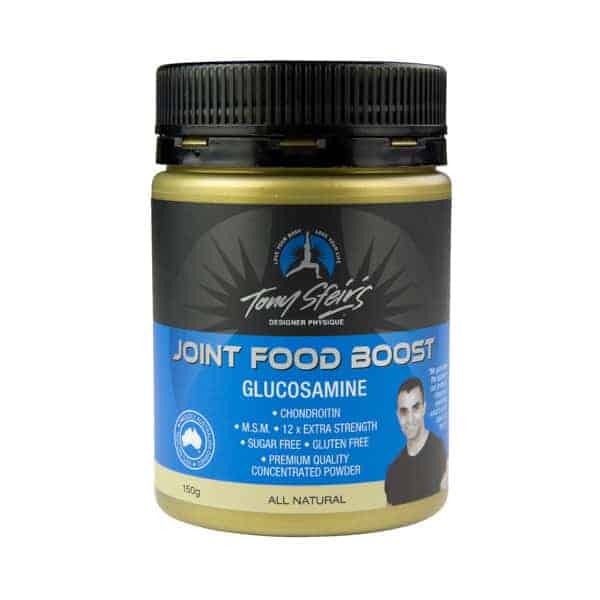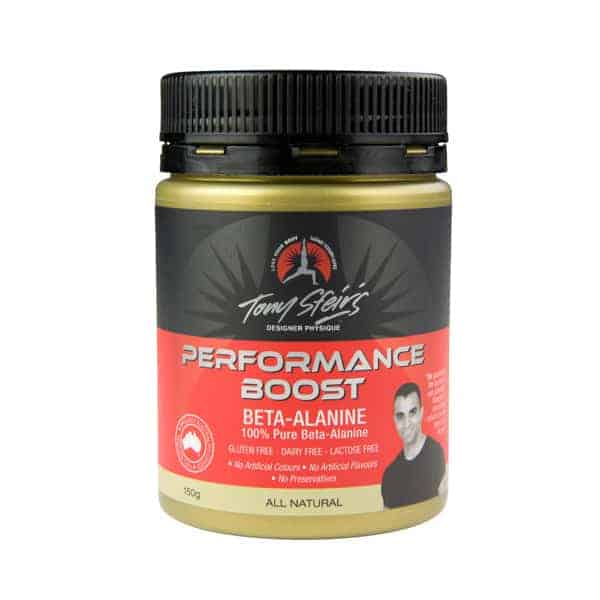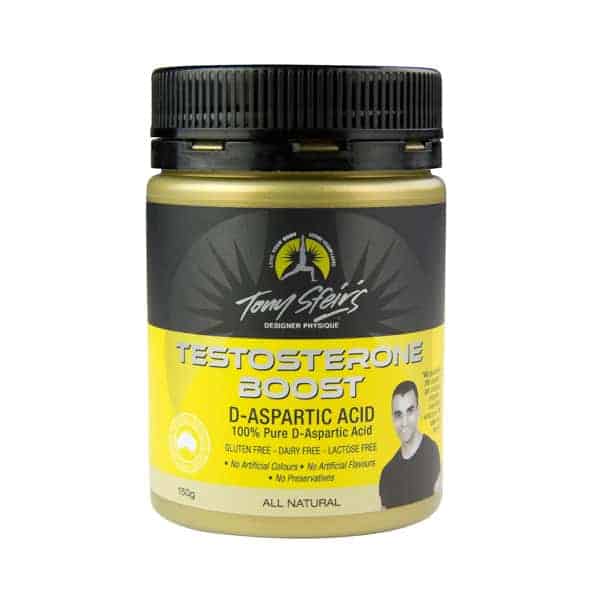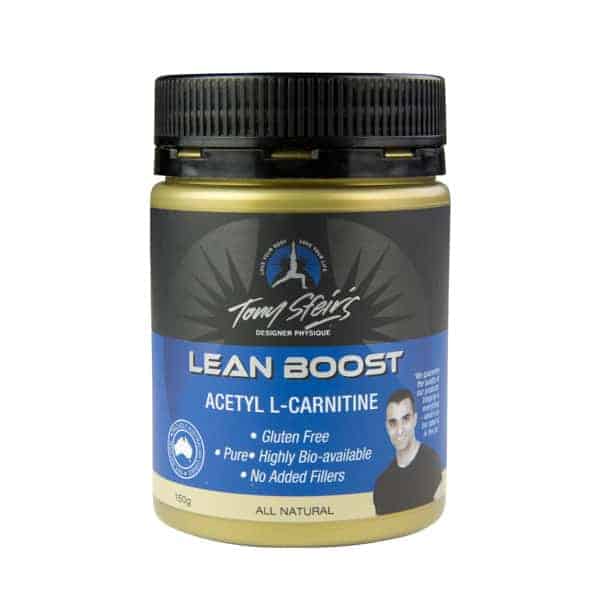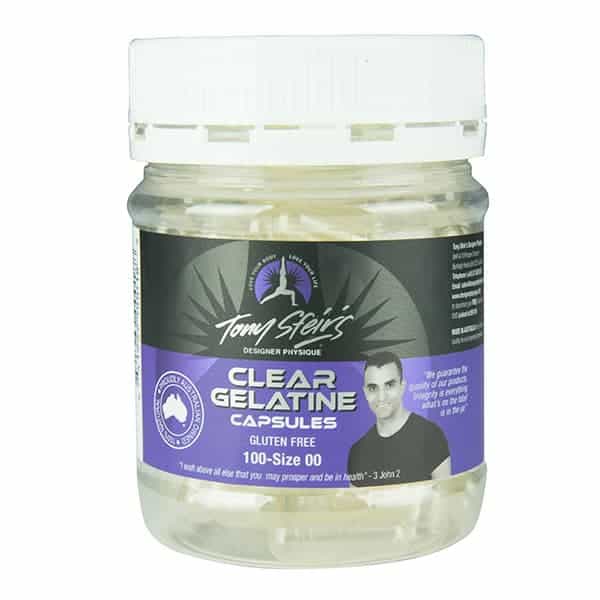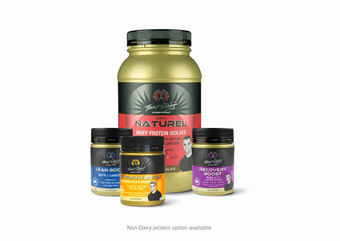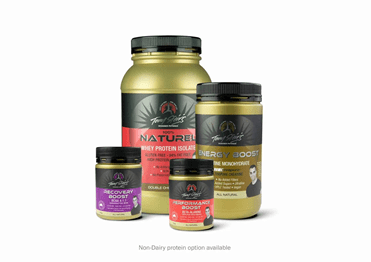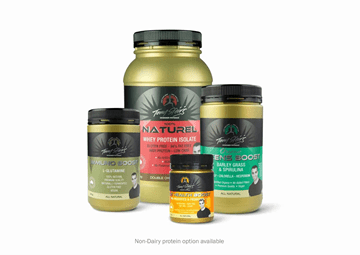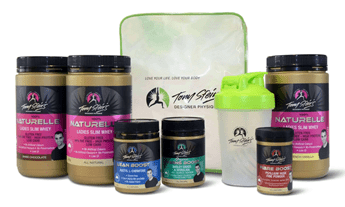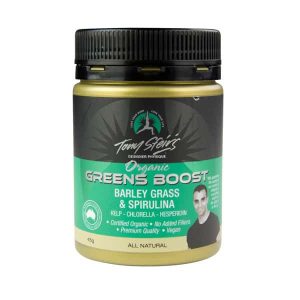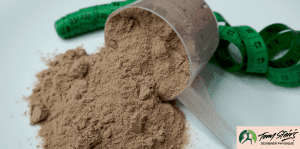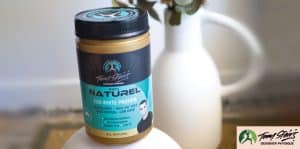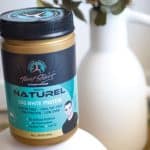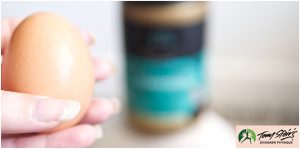Everyone knows the gym junkie stereotype of chugging down a protein shake after exercise, but have you ever wondered why that stereotype exists and if there is any merit to it? So, lets uncover the facts, do we actually need protein after exercise and what does it do for us?
To protein, or not to protein?
In short, YES! The body requires protein for all its basic functioning and metabolic pathways from energy production to building muscle, replenishing neurotransmitters and hormone synthesis. For more information on the body’s daily protein requirements click here.
What does protein have to do with exercise?
Although our body doesn’t maintain official protein stores that it uses as fuel, the intake of this macronutrient is used to fuel the body’s energy and muscles as well as support body tissues in the form of building, maintaining and repairing.
During the body’s later stages of prolonged exercises, typically the muscle’s glycogen stores (the body’s primary energy source) drops. When the glycogen stores drop, the body breaks down the skeletal muscle protein’s amino acids to create glucose. This glucose is then used to supply up to 15% of the energy needed in the body.
Protein is also used for a source of energy when there is a lack of calories from fat or carbohydrates in the diet. In order to maintain energy needs, the body utilises protein to create energy by breaking down lean muscle mass (Girard Eberle, 2013).
How the muscles utilise protein for recovery post exercise
Protein is made up of amino acids, these are the building blocks for the body as they make up muscle and bone structure. Studies have shown consuming protein (amino acids) after resistance exercise creates an interactive effect on the stimulation of muscle protein synthesis. In short, this means that protein consumption post exercise helps to repair and rebuild the muscles by giving them the amino acids needed to achieve this (Vliet, et. al., 2018).
When should I consume protein around exercise?
If increasing muscle size or strength is the aim of your training, it is recommended before exercising to consume a protein and carbohydrate rich meal 1-2 hours before (Aragon & Schoenfeld, 2013). However contrary to the popular belief of protein needing to be consumed within an hour after exercise, this isn’t necessarily always the case. The main thing to be aware of is that protein consumption should be evenly distributed throughout the day every 3 – 4 hours. Therefore, if it had been several hours before you last ate and then exercised, a post workout protein dose would be beneficial to keep within the 3-4 hour period. For more information on the benefits of consuming protein, read here.
Do I need to consume more protein when exercising?
It is suggested that when exercising you consume 1.2g of protein for every kilogram of bodyweight. For example, if you weighed 70kg, it would be suggested to consume 84g of dietary protein on a training day (Jäger et. al., 2017).
Food for thought
Consuming protein is extremely beneficial in supporting muscle growth and recovery during exercise. When looking at your daily protein intake it is important to make sure you are having enough as well as the other macronutrients carbohydrates and fats and overall calories to support the body’s energy expenditure. When it comes to protein consumption wholefoods are best, however additional protein supplementation is a convenient and efficient way to add in the extra amount needed.
Wondering if you’re getting your daily recommended intake of protein, why not calculate your daily average intake and see where you match up? A diet diary app such as My Fitness Pal or Easy Diet Diary of using an internet calculator is an easy way to calculate your daily protein intake. Investing in a quality protein supplement can be a great way to boost your daily protein intake without the struggles of adding more food.
If you’ve wanted to try Designer Physique’s range of protein but not sure which one is best for you, why not try one of our FREE sample packs today.
References
Aragon, A. A., & Schoenfeld, B. J. (2013). Nutrient timing revisited: is there a post-exercise anabolic window?. Journal of the International Society of Sports Nutrition, 10(1), 5. https://doi.org/10.1186/1550-2783-10-5
Girard Eberle, S. (2013). Endurance Sports Nutrition, 3rd ed.
Jäger, R., Kerksick, C.M., Campbell, B.I. et al. (2017). International Society of Sports Nutrition Position Stand: protein and exercise. J Int Soc Sports Nutr 14, 20. https://doi.org/10.1186/s12970-017-0177-8
Vliet, S. V., Beals, J. W., Martinez, I. G., Skinner, S. K., & Burd, N. A. (2018). Achieving Optimal Post-Exercise Muscle Protein Remodeling in Physically Active Adults through Whole Food Consumption. Nutrients, 10(2), 224. https://doi.org/10.3390/nu10020224

